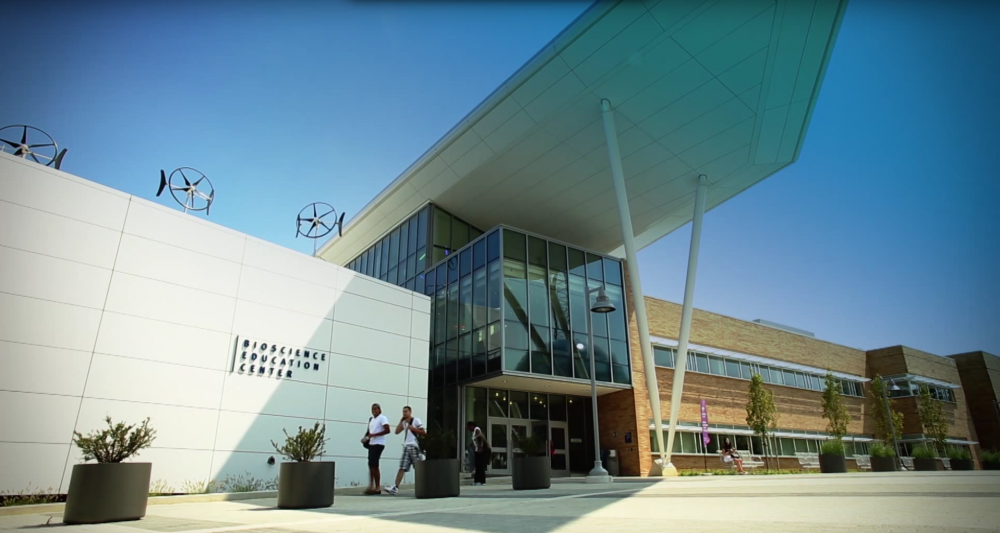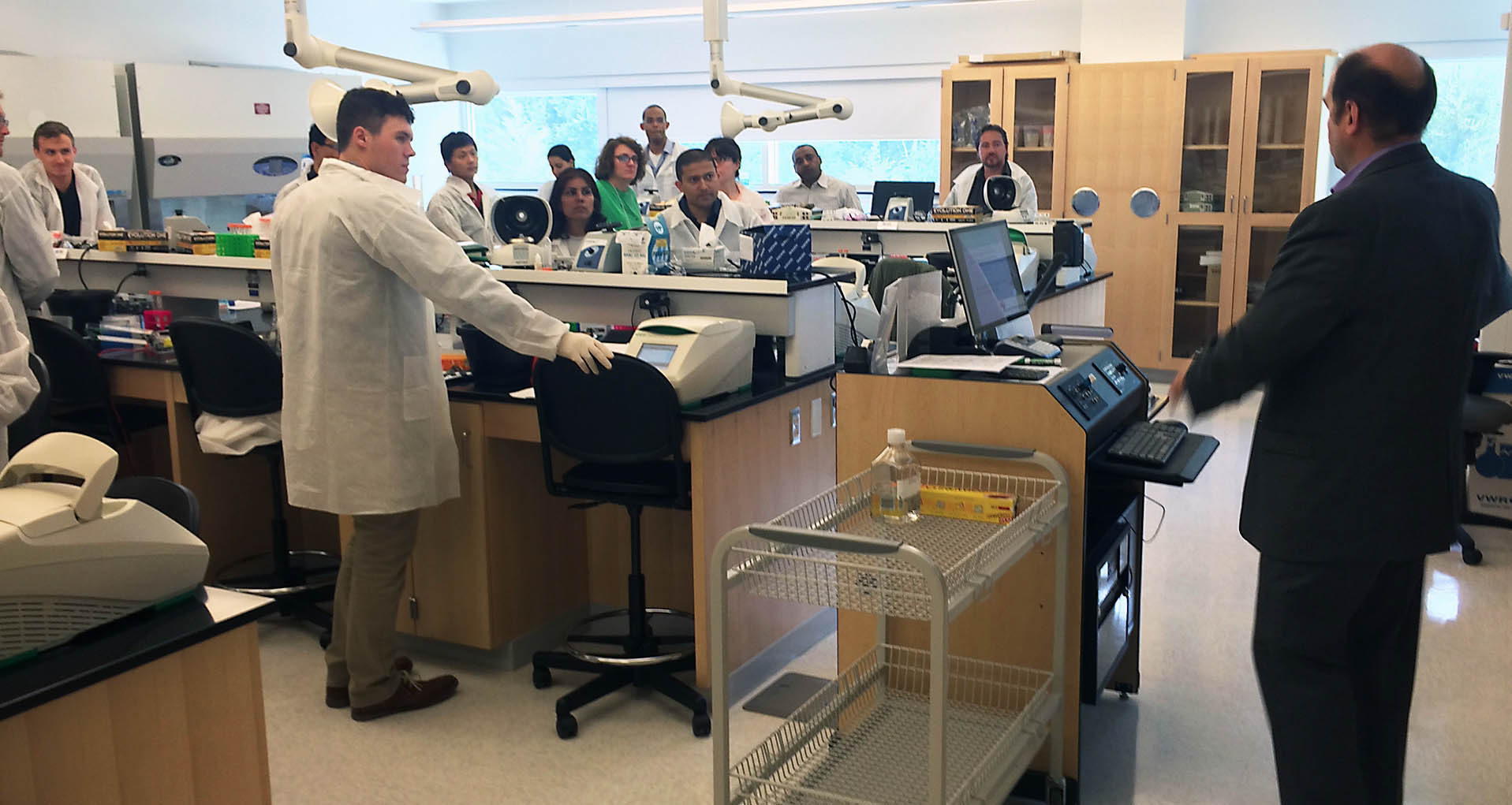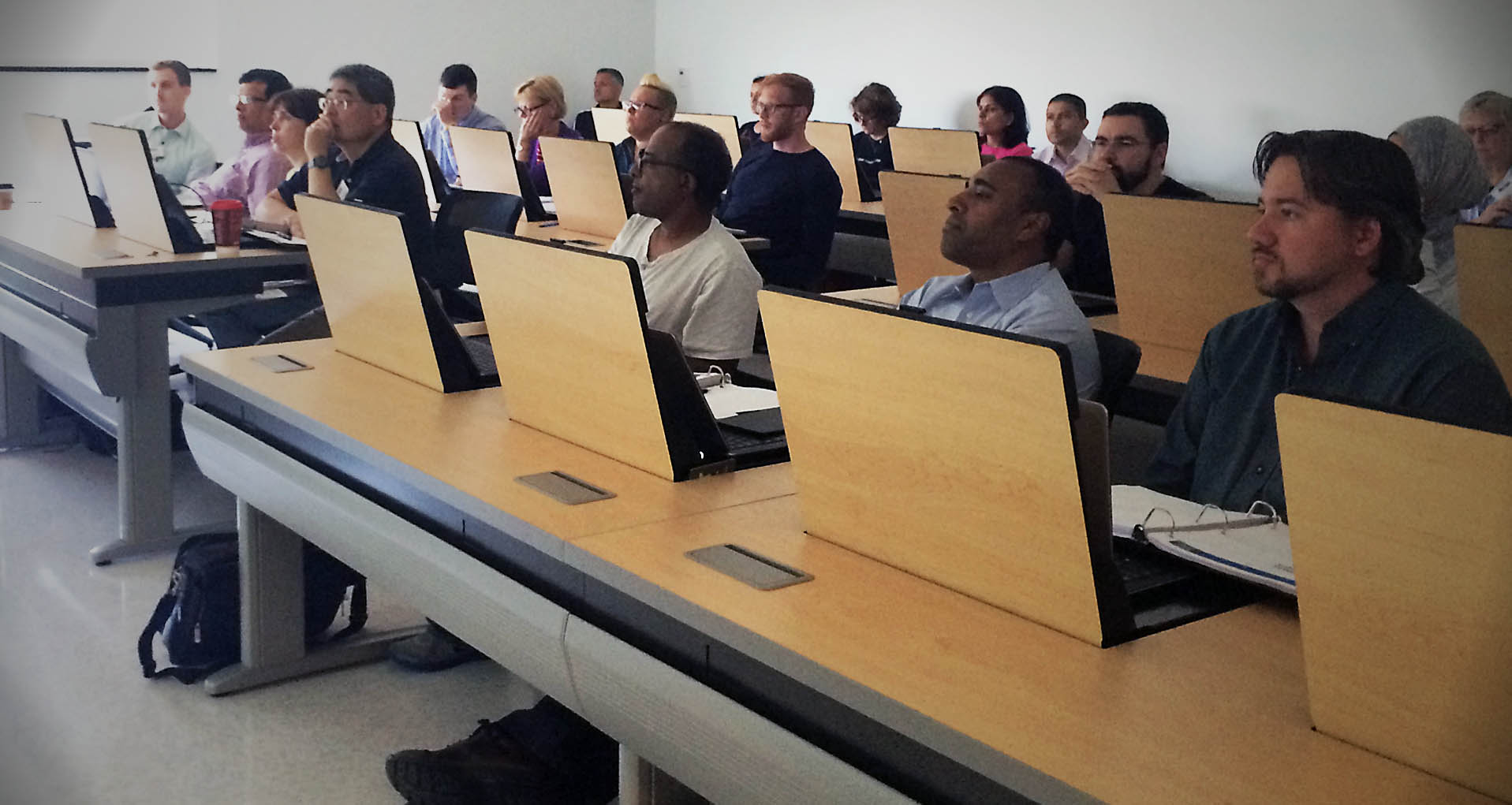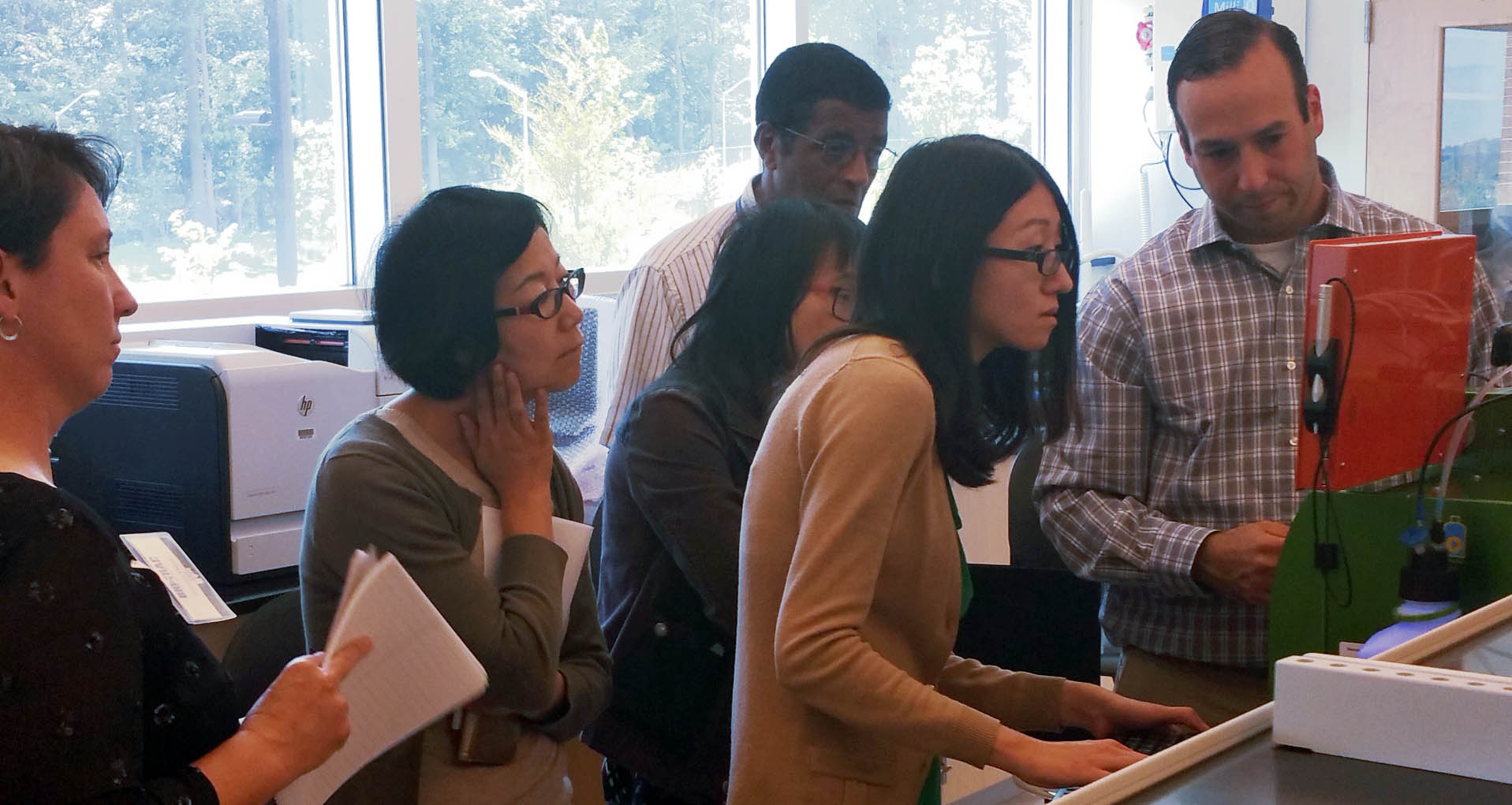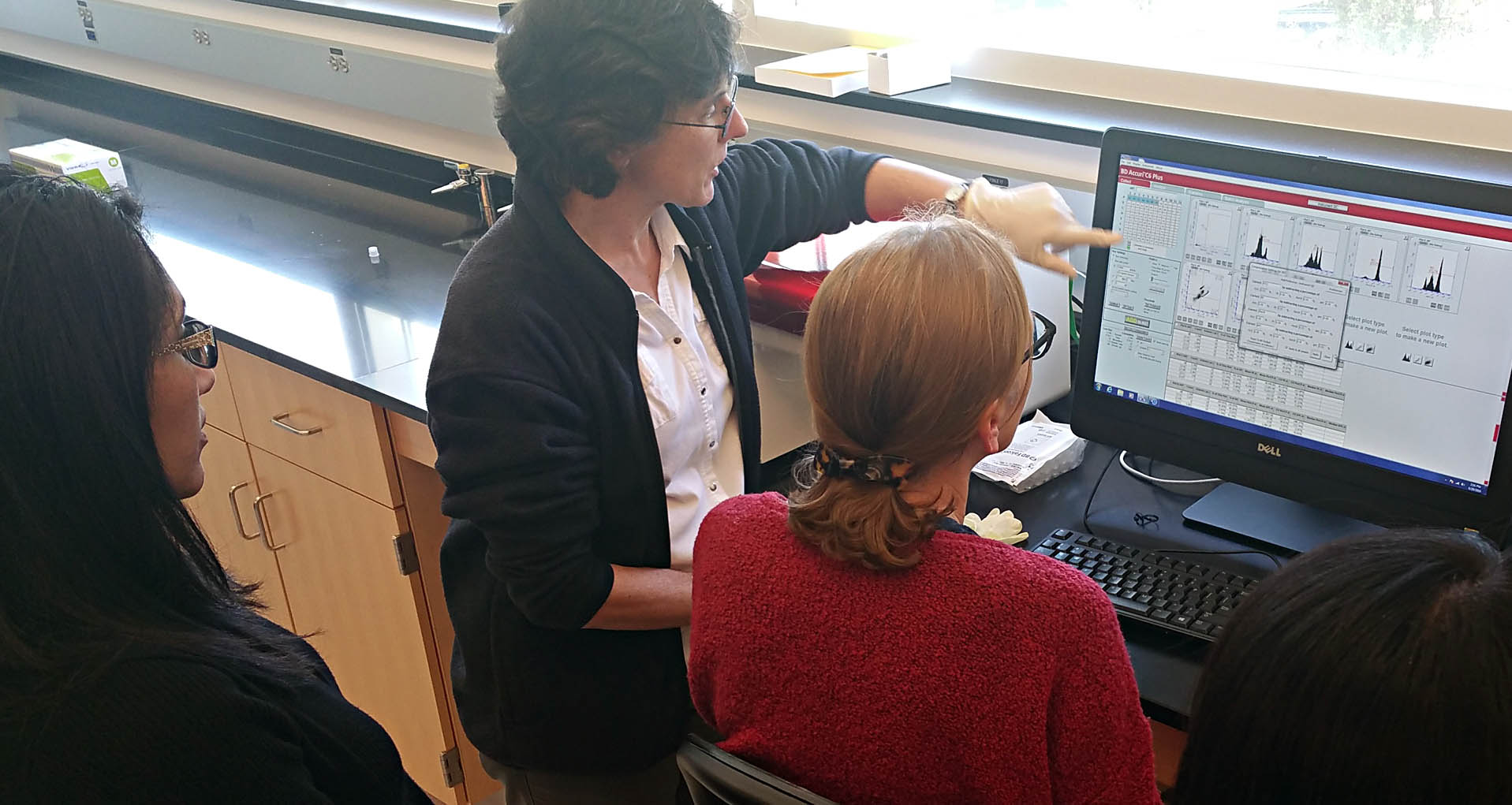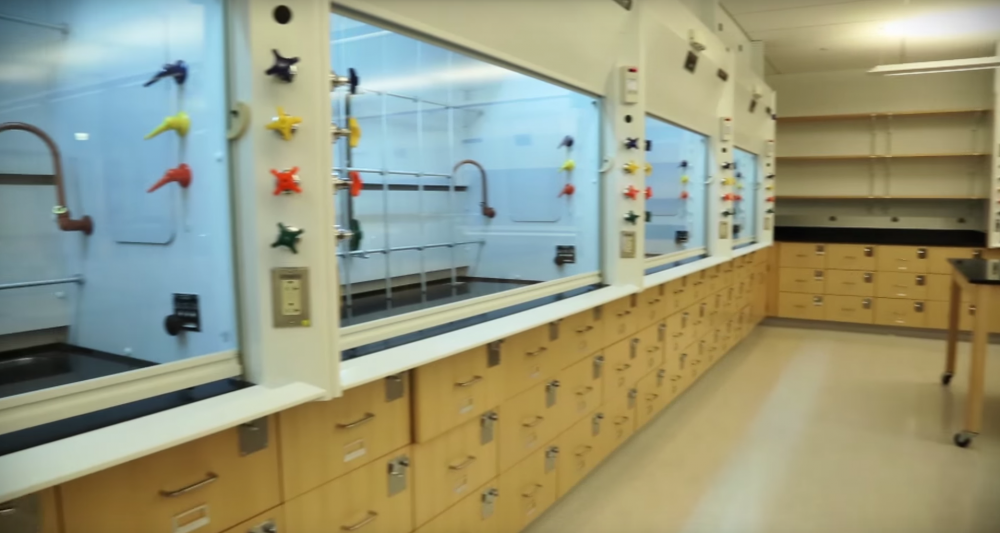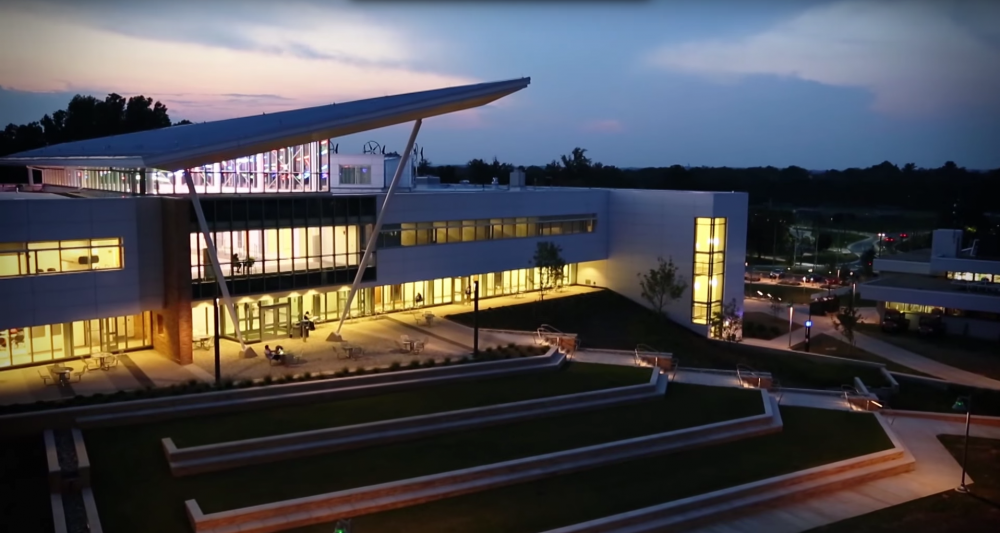May 15-17, 2024
Wednesday-Friday
Germantown, MD
The Bioscience Education Center
9:00am-5:00pm
1 Hour Lunch Break
Advanced Gene Editing with CRISPR is a 3-day hands-on workshop designed for researchers with entry level experience in CRISPR/Cas9 technology seeking a more in-depth immersion in state-of-art CRISPR applications such as working with sgRNA functional libraries, disease modeling using CRISPR, successful employing of CRISPR technology in complex experimental systems.
Note: This workshop is ideal for those who have already participated in the Bio-Trac "Gene Editing with CRISPR" workshop. Attendees should be experienced in common technologies of manipulating cell cultures and isolation / characterization of macromolecules, such as cellular proteins and genomic DNA. Prior experience in cell line transfections, polymerase chain reaction and protein gel-electrophoresis/Western blotting technologies will be beneficial.
 | Lecture and Hands-on Interactive Training |
 | Team taught by active researchers |
 | Thumbnail drive with Lectures and Workshop material |
 | Space limited to 18 participants |
 | Registration Fee: $895 |
-
"This course is awesome! I not only learned a lot about very important up-to-date CRISPR/CAS9 technology, I also became very excited to bring this information back to Xavier to share it with faculty. Hopefully, I can integrate CRISPR/CAS9 as a CORE offering."
Melissa Bratton
Cellular and Molecular Research Scientist, Xavier University of Louisiana
-
"As always, Bio-Trac not only met my expectations, but exceeded them! I was immensely impressed with the class - both the lab work and lectures! I will absolutely be taking more classes with BioTrac - their classes should be required for all graduates entering the field of science. Easy to understand & follow, yet the classes get to the core of the discussed principle. I loved learning about CRISPR and would highly recommend this class to anyone in the field!"
Jennie Rowell PhD, RN
Assistant Professor, The Ohio State University
CRISPR2016
-
"It was my first experience with professional development workshop in the USA. I liked it a lot. It was well organized, flexible and friendly. It helped to put in order my preceding knowledge and gain more."
Larisa Ryzhara, MD, PhD
Staff Scientist II, Maine Medical Center Research Institute
CRISPR2016
-
"Great investment. Took material that would have taken months to compile and perfect on my own, and packed it into 3 days."
Richard Barrett
PHD Student, University of Central Florida
CRISPR2016
-
"The course contents were well optimized, good balance of practical and theoretical aspects of CRISPR technology. A good consolidated 3-day program to learn CRISPR for beginners."
Sheetal Uppal
Postdoctoral Fellow, NCI/NIH
CRISPR2016
-
"This workshop provided and excellent opportunity to further my understanding of the CRISPR technology. Dr. Kozlov presented clear and engaging lectures and hand-on lab time that gave me better understanding of the evolving CRISPR field and an appreciation for the lab techniques involved. The best part of the workshop were the ample question and answer periods that allowed me to explore my specific research concerns about CRISPR with experts in the field."
Robert Yasuda, PhD
Assistant Professor of Pharmacology, Georgetown University
CRISPR2016
Course Director
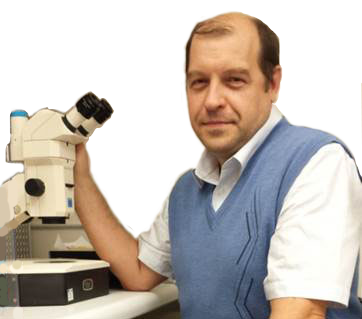
Serguei Kozlov, PhD, MBA, PM
Team Leader, Principal Scientist and Program Manager, Center for Advanced Preclinical Research, Leidos Biomedical Research, Inc.
Day I: CRISPR/Cas9 Technology in Basic Research and Disease Modeling
- Advanced Applications of CRISPR Technology I: Building Diseases Preclinical Models
- Workflow Solutions for Genome Editing
Day II: CRISPR/Cas9 Technology in Therapeutic, Diagnostics, and Novel Drug Development
- Advanced Applications of CRISPR Technologies II: Therapeutic and Diagnostic Aspects
- Advanced Applications of CRISPR Technologies III: Construction and Application of CRISPR Libraries for Functional Screening and Gene Identification Purposes
- Overview of Next Generation of CRISPR Technologies
Day III: Additional Aspects of CRISPR/Cas9 Technology and Experimental Evaluation of Genome Editing Outcomes
- Strategies for Delivering CRISPR Reagents In Vitro and In Vivo: Efficiency vs. Immunogenicity vs. Toxicity vs. Safety Considerations
- Flow Cytometry to Enable Genome Editing & Cell Engineering
Laboratory Exercise I
ThermoFisher TrueTag® Technology and Designing CRISPR-HDR Experiments for Precision Genome Editing; Designing Donor DNA Templates: Tagging b-actin and MCR2 genes by RFP fluorescent marker in HEK293 cells
- Assembly of CRISPR/sgRNA RNP complexes for cell transfections (Day I)
- Preparation of HEK293 Cells for In Vitro Transfection of RNP Complexes Carrying TrueTag Donor DNA Templates (Day I)
- Preparing Buffer Set for Ni-NTA Affinity Purification of Recombinant Proteins (Day II)
- Collection of CRISPR Transfected Cells and Genomic DNA Isolation (Day III)
- PCR Amplification of Targeted Region and Confirmation of HDR Events by Agarose Gel Electrophoresis and Restriction Length Fragment Polymorphism (RLFP) (Day III)
Laboratory Exercise II
Experimental Design for Successful CRISPR/Cas9 Project Aimed at Precise Genome Editing Pursuing HDR Outcomes
- Preparation of Bacterial Cultures for Prokaryotic Expression of Cas9/Cpf1 Enzymes (Day I)
- Induction of Bacterial Cultures for Recombinant Cas9/Cpf1 Protein Expression (Day I)
- Collection of Bacterial Cultures for Subsequent Purification of Recombinant Cas9/Cpf1 Proteins (Day I)
Serguei Kozlov, PhD, MBA, PM
Dr. Kozlov received his Master of Science diploma in applied mathematics and theoretical physics from Moscow Institute of Physics and Technology in Russia, subsequently earning a PhD degree in molecular genetics and neurobiology from the Institute of Biochemistry, University of Zurich, Switzerland. He subsequently received a Master of Business Administration degree from Robert Smith School of Business, University of Maryland and also holds several other professional certifications and credentials.
Dr. Kozlov joined the National Cancer Institute in 1999 as a postdoctoral fellow in Cancer and Developmental Biology lab where he was promoted in 2003 to senior research fellow and subsequently in 2007 to the staff scientist appointment. In 2008 he joined SAIC Inc. (later renamed to Leidos BMR, Inc.) where he established Center for Advanced Preclinical Research – a translational resource providing interdisciplinary support and expertise in establishing next-generation animal cancer models, developing technologies for advanced manipulation of mammalian genomes for the purpose of preclinical modeling, and directing early stage drug development projects to accelerate clinical introduction of promising efficacious cancer therapeutics.

